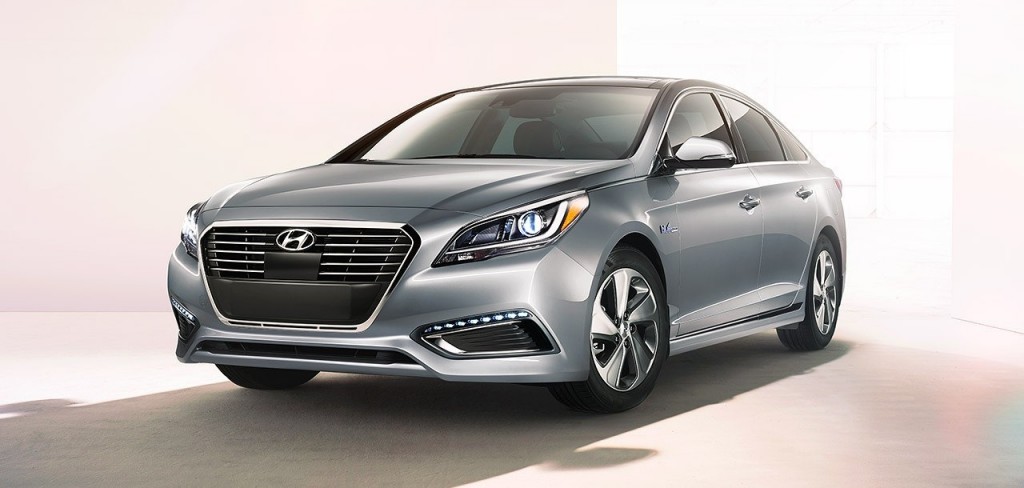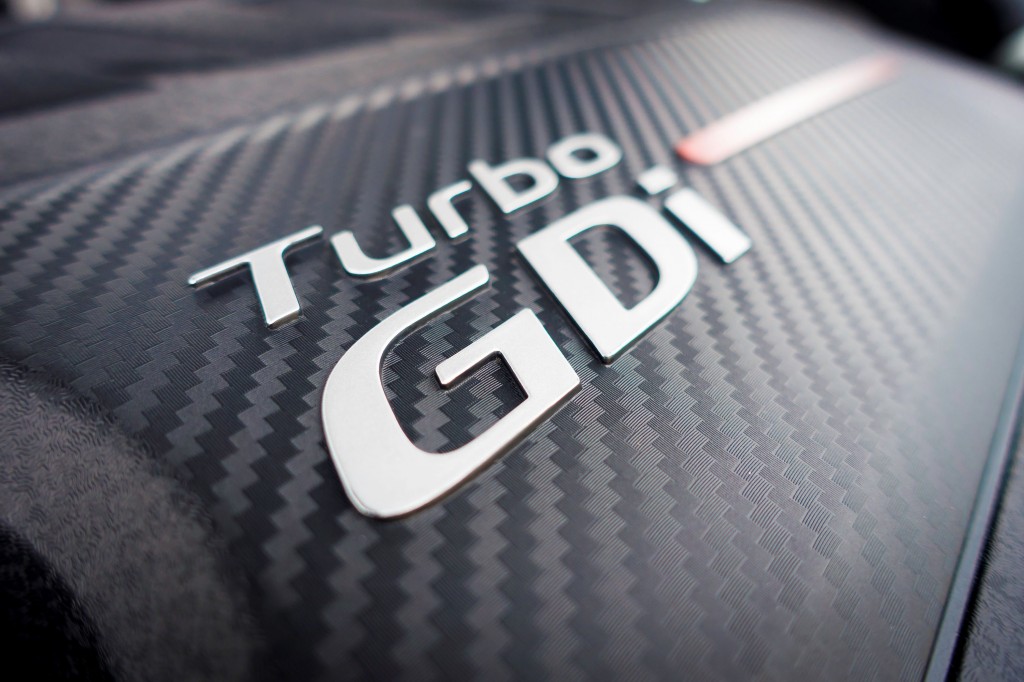Recalls of 2017-2018 Kia Optima Hybrid and 2017 Hyundai Sonata Hybrid sedans are underway to address an issue with the affected vehicles' gasoline engines.
Both models share a basic platform and powertrain, the latter being the cause of the recall. Affected vehicles may have connecting rod bearings that can be easily damaged, according to National Highway Traffic Safety Administration (NHTSA) documents. In a worst-case scenario, this could cause the connecting rod to break and puncture the engine block, destroying the engine and creating a fire risk.
Hyundai's recall includes 13,247 Sonata Hybrids, while Kia's includes 10,731 Optima Hybrids, for a total of 23,978 United States vehicles from both brands combined.
Plug-in hybrid versions of the Sonata Hybrid and Optima Hybrid were also sold during the affected model years. Kia—which is a Hyundai-owned brand—explicitly said the Optima Plug-In Hybrid is included in its recall. Hyundai did not make a similar statement, but its recall does appear to include the Sonata Plug-In Hybrid.

2017 Hyundai Sonata Hybrid
All versions have the "Nu" 2.0-liter direct-injected inline-4, manufactured in Ulsan, South Korea. The same recall also affects the Hyundai Tucson, which wasn't offered as a hybrid at the time but has the same engine.
The recall population was determined by a review of production records, according to the recall documents. Hyundai and Kia aren't aware of a specific manufacturing or design defect and are conducting the recalls as a preventative measure, the documents said.
Owners of affected vehicles will be contacted by Hyundai and Kia with instructions to take their cars to dealerships. Hyundai plans to begin notifying owners by mail November 12, while Kia will follow on November 29.
Engines will be tested and, if necessary, replaced free of charge. Dealerships will also install Knock Sensor Detection System software to prevent damage from excessive connecting rod bearing wear. Kia will also extend the powertrain warranty from 10 years/100,000 miles to 15 years/150,000 miles.

2017 Kia Optima
Affected models represent the previous generation of the Sonata and Optima. The plug-in hybrid version of the Sonata went away for 2020, with a push toward plug-in hybrid SUVs instead. And Kia discontinued all hybrid Optimas when the line was redesigned and renamed the K5.
The engine issue is a small-scale issue compared to one earlier in the year in which Hyundai plans to replace the full battery pack for 82,000 EVs.
Hyundai has reportedly stopped developing gasoline powertrains as it shifts toward EVs. Kia in 2020 announced a $25 billion investment aimed at achieving its own EV shift, confirming 11 new electric models by 2025.











